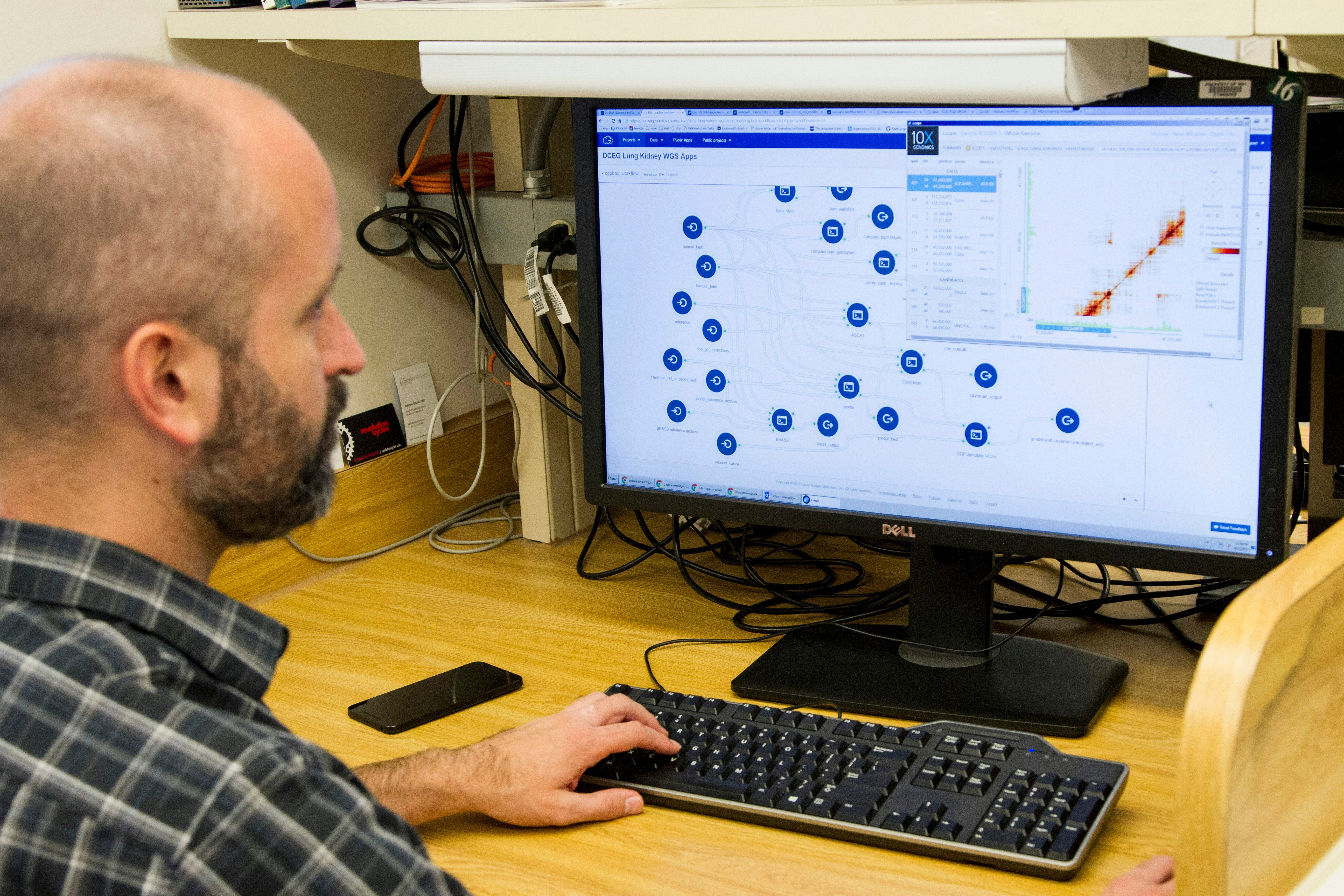DARIEN, IL – A new study to be presented at the SLEEP 2024 annual meeting found that circadian misalignment, which is highly prevalent in adolescents, is linked with carbohydrate consumption and sedentary behavior in teens.
Results show that a later sleep schedule was significantly associated with greater intake of carbohydrates, and this relationship was partially explained by irregular sleep timing. A later sleep schedule also was associated with greater sedentary behavior, even after adjusting for variables such as demographics, sleep disorders, and insufficient sleep.
“Delaying sleep schedules is normal during puberty and adolescence; however, some adolescents delay their sleep schedule to an extent that they become misaligned with the day-night cycle, their social schedules, and responsibilities,” said principal investigator Julio Fernandez-Mendoza, who is a professor and clinical psychologist at Penn State College of Medicine in Hershey, Pennsylvania. “Our data supports that this lack of alignment may be associated with inadequate diet and physical activity, further contributing to the obesity epidemic and poor cardiometabolic health.”
The study involved 377 adolescents from the Penn State Child Cohort who had a minimum of three nights of at-home actigraphy and one night of in-lab polysomnography. These tests helped calculate their sleep midpoint and sleep regularity. Physical activity was also measured by actigraphy, and carbohydrate intake was assessed using a survey.
According to the American Academy of Sleep Medicine, sleep is essential to health, and healthy sleep requires adequate duration, good quality, appropriate timing and regularity, and the absence of sleep disturbances or disorders. A delayed sleep schedule, characterized by sleep timing that is later than conventional or socially acceptable timing, is more common among adolescents and young adults.
Fernandez-Mendoza noted that proper circadian alignment is necessary for the health of adolescents.
“Circadian misalignment of the sleep-wake cycle, and its associated variability in sleep duration, should be an integral part of interventions targeting poor dietary choices and sedentarism in youth,” Fernandez-Mendoza said.
This study was supported by grants from the National Institutes of Health. The research abstract was published recently in an online supplement of the journal Sleep and will be presented Wednesday, June 5, during SLEEP 2024 in Houston. SLEEP is the annual meeting of the Associated Professional Sleep Societies, a joint venture of the AASM and the Sleep Research Society.

